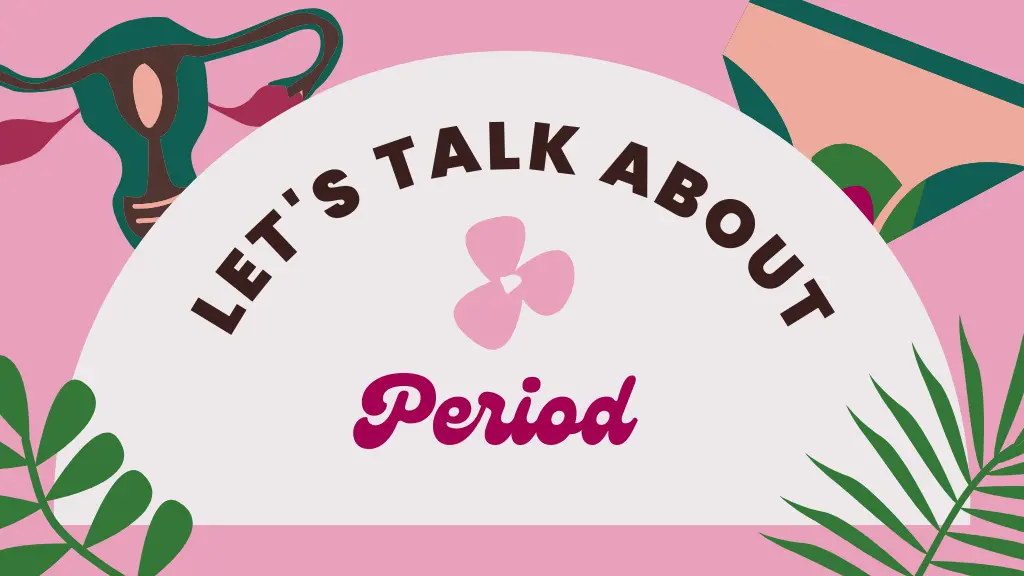Gratitude is more than a polite “thank you.” It’s a transformative mindset that can improve health, elevate happiness, and even extend life expectancy. Research shows that practicing gratitude regularly rewires the brain and nurtures emotional and physical well-being.
Let’s dive into how gratitude can enrich your life and explore practical ways to incorporate it into your daily routine.
You May Also Like: What’s the Right Way to Brush Your Teeth?
1. How Gratitude Impacts Mental Health
Gratitude is closely linked to improved mental health. Here’s why:
- Reduces Stress: Gratitude lowers cortisol, the stress hormone. This leads to a calmer, more focused mind.
- Fights Anxiety and Depression: By shifting focus from negative thoughts to positive ones, gratitude interrupts patterns of worry and sadness.
- Boosts Resilience: A grateful mindset builds emotional strength, helping you bounce back from challenges more easily.
Tip: Start each day by listing three things you’re grateful for. It sets a positive tone for the day.
2. Physical Benefits of Gratitude
Gratitude doesn’t just improve your mood; it affects your body too. Here’s how:
- Stronger Immune System: Gratitude encourages a healthier lifestyle, which supports immunity.
- Better Sleep: Gratitude journaling before bed reduces overthinking and promotes restful sleep.
- Improved Heart Health: Studies link gratitude with lower blood pressure and reduced risk of heart disease.
Practicing gratitude can be as beneficial to your health as regular exercise or a balanced diet.
3. The Link Between Gratitude and Longevity
Gratitude may even help you live longer. Researchers believe it’s because gratitude fosters healthier habits, reduces stress, and strengthens relationships. These factors collectively promote longevity.
People who express gratitude are more likely to engage in activities like:
- Exercising regularly.
- Eating nutritious meals.
- Maintaining strong social connections.
4. How Gratitude Brings Happiness
Feeling grateful can boost your mood instantly. It works by:
- Activating the Brain’s Reward System: Gratitude releases dopamine and serotonin, the “feel-good” chemicals.
- Enhancing Relationships: Expressing gratitude strengthens bonds and fosters deeper connections.
- Encouraging Optimism: Grateful individuals are more likely to view life through a positive lens.
A simple “thank you” can create a ripple effect of positivity in your life and others.
5. Practical Ways to Practice Gratitude
Gratitude is a skill that grows with practice. Try these techniques:
Gratitude Journal
Write down three to five things you’re grateful for each day. Be specific and focus on the details.
Express Appreciation
Take time to thank someone sincerely. It could be a note, a text, or a heartfelt conversation.
Gratitude Meditation
Spend a few minutes reflecting on the positive aspects of your life. Focus on feelings of warmth and contentment.
Acts of Kindness
Helping others fosters a sense of gratitude. Volunteer, donate, or simply lend a listening ear to someone in need.
Gratitude Reminders
Place sticky notes or set phone alerts to remind you of things you appreciate, like your health or loved ones.
6. Overcoming Barriers to Gratitude
Practicing gratitude isn’t always easy, especially during tough times. Here are tips to overcome challenges:
- Acknowledge Difficult Emotions: Gratitude doesn’t mean ignoring pain. It’s about finding positives despite struggles.
- Start Small: If gratitude feels forced, begin with minor things, like enjoying a sunny day or a good cup of coffee.
- Be Patient: Gratitude is a habit that takes time. Stay consistent, even if it feels unnatural at first.
7. Gratitude in Relationships
Gratitude strengthens personal and professional relationships.
- Builds Trust: Expressing appreciation fosters mutual respect and understanding.
- Improves Communication: Grateful people listen better and express themselves more positively.
- Deepens Bonds: Acknowledging someone’s impact on your life makes them feel valued and cherished.
Pro Tip: Write a gratitude letter to someone who’s influenced you positively. Share it with them for an unforgettable experience.
8. Scientific Proof of Gratitude’s Benefits
Numerous studies highlight the power of gratitude.
- A study from the University of California found that gratitude journaling improved participants’ mood and reduced health complaints.
- Harvard researchers discovered that gratitude positively influences heart health and reduces risk factors for chronic diseases.
Gratitude’s effects are measurable and impactful, making it a powerful tool for well-being.
9. Gratitude in Everyday Life
Gratitude doesn’t require grand gestures. Here’s how to integrate it effortlessly:
- Morning Affirmations: Start the day by acknowledging what you’re thankful for.
- Mindful Eating: Appreciate your food’s taste, texture, and the effort behind its preparation.
- Evening Reflection: Reflect on positive moments from your day before bedtime.
Consistency is key to experiencing the full benefits of gratitude.
10. Gratitude’s Broader Impact
Gratitude doesn’t just benefit individuals; it improves communities too.
- Encourages Generosity: Grateful people are more likely to give back.
- Promotes Positivity: Gratitude creates a culture of appreciation and kindness.
- Strengthens Communities: When people express gratitude, social bonds flourish.
Incorporating gratitude into collective spaces like workplaces or schools can lead to happier, more productive environments.
Final Thoughts
Gratitude is a simple yet powerful practice that can enhance your health, bring joy, and even lengthen your life. It’s not about ignoring challenges but appreciating the good amidst them.
Start small, be consistent, and watch how gratitude transforms your outlook. Whether it’s a kind word, a journal entry, or a moment of reflection, gratitude has the potential to brighten your life and the lives of those around you.











[…] You May Also Like: Gratitude Enhances Health, Brings Happiness — and May Even Lengthen Lives […]